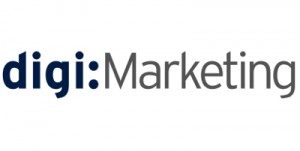The coronavirus pandemic has been an all-around nightmare, but there are a few silver linings. One of these is a renewed focus on the environment. Emissions plummeted worldwide when countries went into lockdown in the spring, and cities have since been implementing new measures to keep pollution down and get people to be more active and environmentally conscious.
In keeping with the trend, ridesharing market leader Uber announced that it would transition to a 100 percent electric car fleet by 2030. Lyft, its main competitor, made a similar announcement in June. Are the ride-hailing companies’ commitments to greening linked to the pandemic? It’s unclear; they likely would have implemented this switch at some point in the near future anyway, and the pandemic may simply have accelerated it (as it did for other technologies and trends, like automation and remote work).
Read more
 Uber
Uber Pixabay CC0
Pixabay CC0